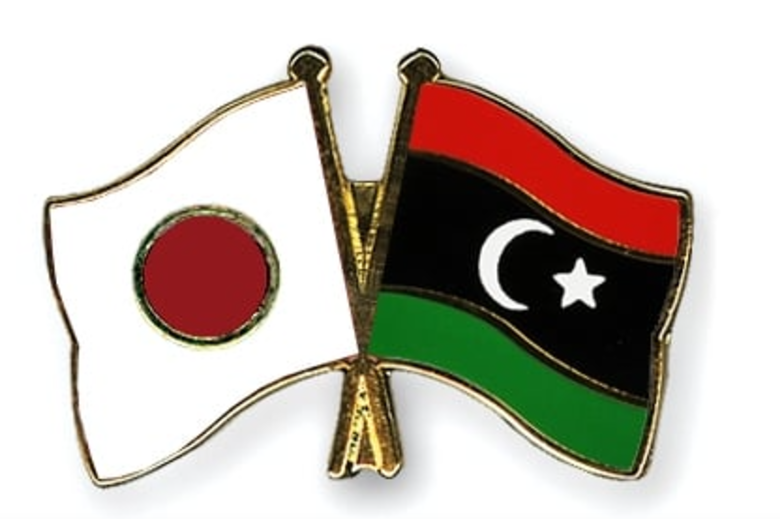
Libya has signed a health cooperation protocol with Japan, aiming to improve medical services and infrastructure within the country. The agreement, facilitated by Libya’s Ministry of Health and representatives from Japanese pharmaceutical and medical technology companies, focuses on key areas such as the supply of advanced oncology treatments, dialysis technology, and specialized medicines.
Under the protocol, Japanese companies will provide cutting-edge medical devices and train Libyan engineers on maintenance and operation. Additionally, efforts will be made to enhance services for dialysis patients by introducing mobile and home-based dialysis technologies, ensuring greater flexibility and convenience for both patients and healthcare providers.
This initiative reflects Japan’s commitment to supporting Libya’s healthcare system while fostering long-term bilateral cooperation in public health and medical research. The collaboration is part of broader development discussions between the two nations, including economic and technical partnerships.
Advanced Medical Equipment Japanese firms will provide cutting-edge diagnostic and treatment devices, particularly for oncology and dialysis care. These devices will support existing facilities and introduce innovative home-based healthcare solutions, reducing the strain on hospital infrastructure.
Training and Maintenance Japanese engineers will conduct workshops for Libyan healthcare professionals, focusing on maintaining and operating high-tech medical equipment. This ensures the sustainability and reliability of provided technologies.
Specialized Medicines The partnership emphasizes the supply of high-quality, specialized medicines, particularly for oncology and neurological disorders. Japan’s reputation for pharmaceutical excellence ensures a robust quality assurance process. Infrastructure Development Collaborative efforts will extend to upgrading health facilities, with Japanese expertise contributing to the design and management of efficient healthcare systems.
The agreement aligns with Japan’s broader development initiatives in Libya, which include economic cooperation and technical assistance. For Libya, the partnership represents a crucial step toward rebuilding its healthcare sector after years of instability. The protocol is expected to enhance public health, increase accessibility to modern treatments, and foster bilateral ties. This collaboration underscores Japan’s role as a key international partner in Libya’s reconstruction efforts, providing not only humanitarian aid but also long-term support for the nation’s recovery

